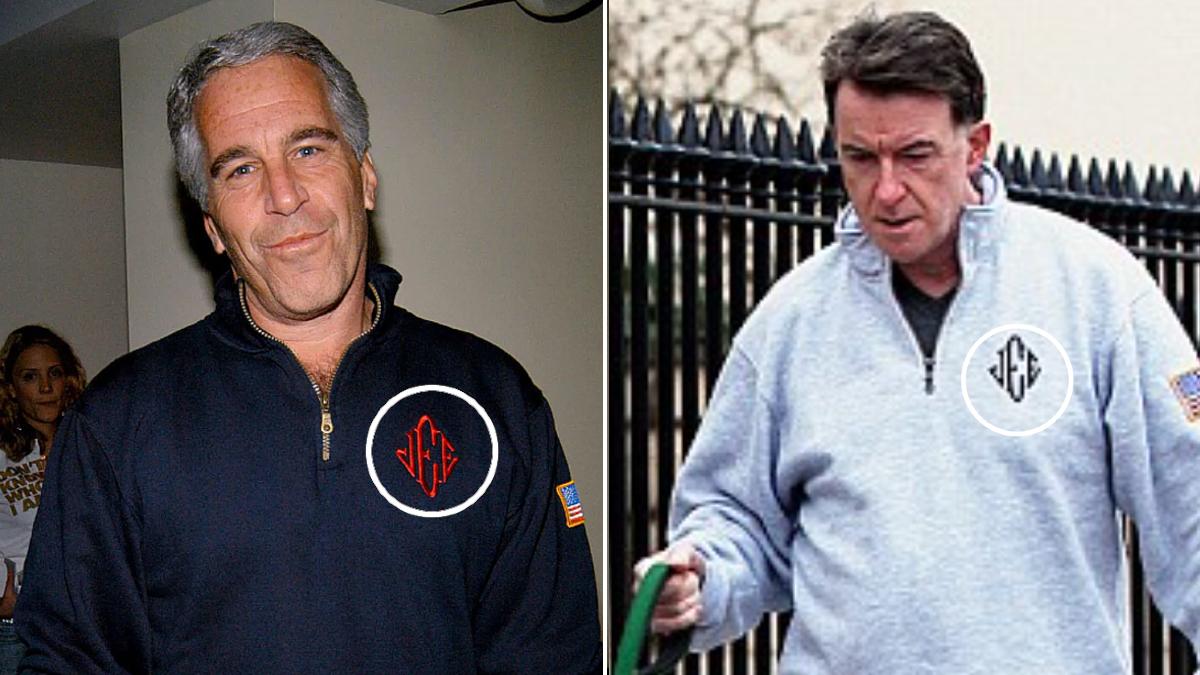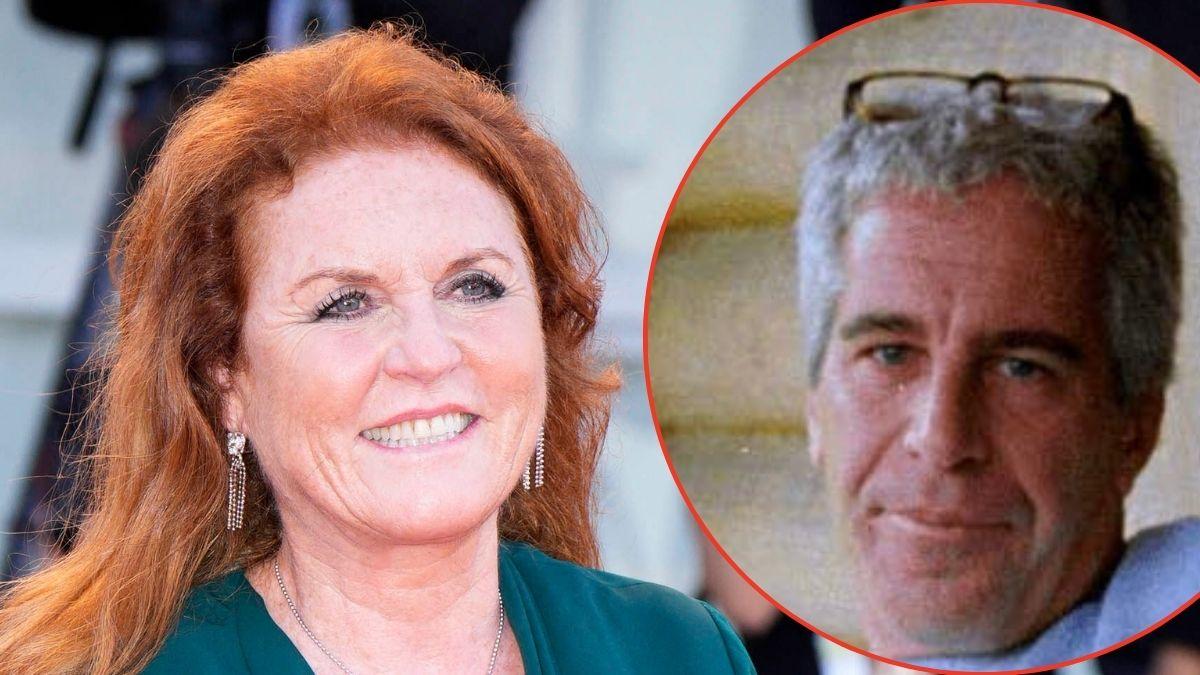'Miracle Baby' From The Oklahoma City Bombing: The Youngest Survivor Shares Details About Brutal Injuries and His Painful Childhood Filled With Hospital Appointments After Terrorist Attack
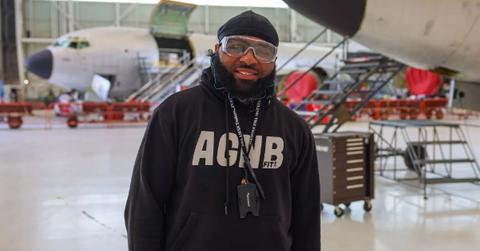
Oklahoma City Bombing's 'miracle baby' opened up on the image the attack had on his childhood.
April 22 2025, Published 8:00 p.m. ET
The youngest survivor of the Oklahoma City Bombing has opened up on how the horrific event forever changed his life.
PJ Allen said his childhood was filled with traumatic hospital stays and avoiding sunlight as his tiny, 18-month-old body was badly burned in the bombing, RadarOnline.com can reveal.
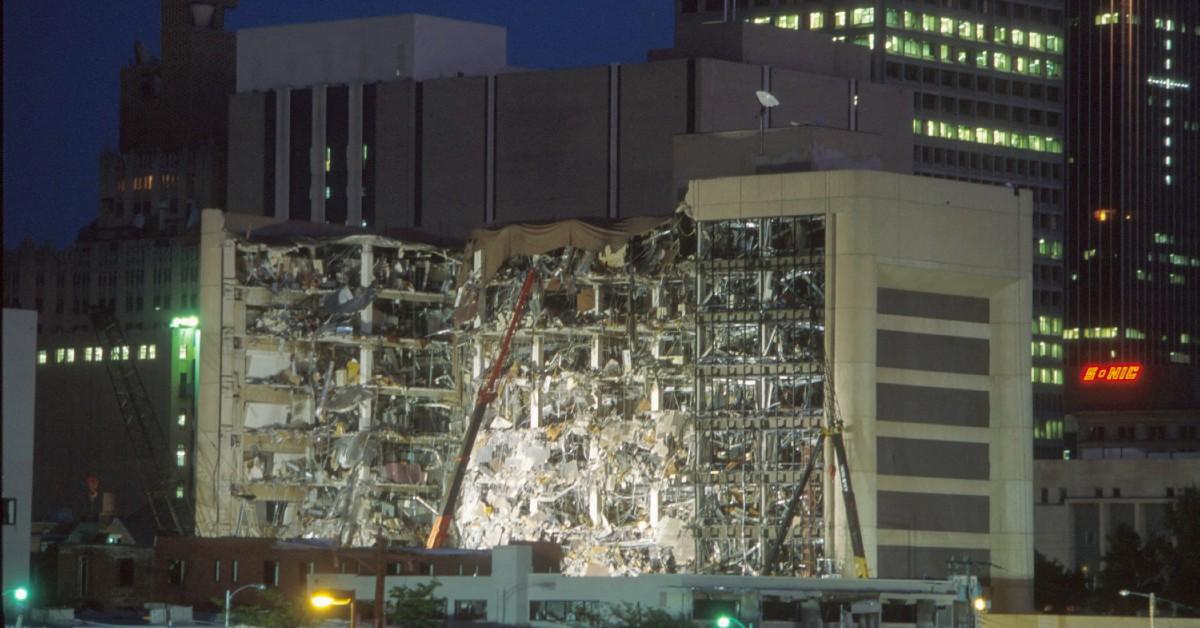
PJ Allen was the youngest survivor of the Oklahoma City Bombing in 1995.
On the morning of April 19, 1995, Allen's grandmother Deloris Watson dropped him off at the daycare located in the Alfred P. Murrah Federal Building. Hours later, Timothy McVeigh would set off a bomb outside the building, killing 168 people, including 19 children, in what would become the deadliest act of domestic terrorism in U.S. history.
While he was badly injured in the attack, Allen miraculously survived and was transported to a local children's hospital.
Watson was only able to identify her grandson, whose body was wrapped in bandages, by his belly button.
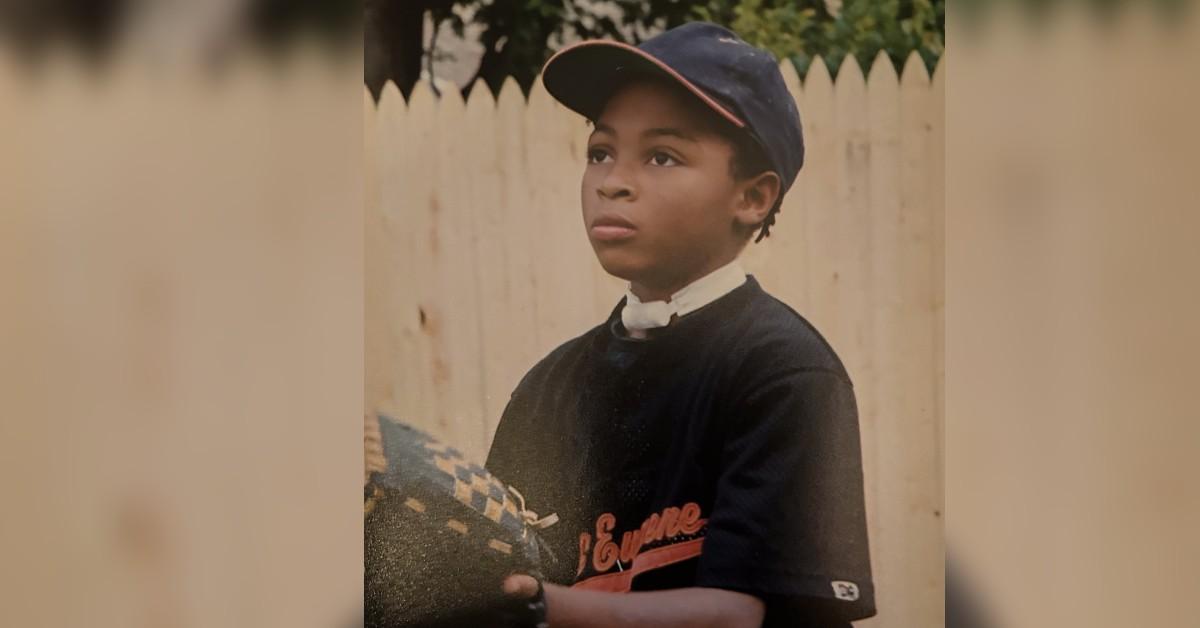
Allen sustained burns to 55 percent of his body, broken bones, lung damage, head and vocal cord trauma.
Watson recalled to CNN: "I said, 'That is my baby.'"
When hospital staff asked how she knew that was Allen, she said: "I said, 'I diaper him. I powder him. I bathe him. I know every inch of that child. That is my child.'"
Allen spent six weeks in the children's hospital recovering from his injuries, including burns on 55 percent of his body, broken bones, lung damage, head trauma and damaged vocal cords.
While Allen ultimately survived – and is now working as an avionics technician at Tinker Air Force Base in Oklahoma City – his childhood was scarred by the events of McVeigh's attack.
As a child, his schedule was filled with doctor's visits and emergency room trips. For 10 years he had a tracheotomy tube attached to his neck to help him breath.
Even as an adult, Allen has difficulty breathing, though he remarked he's "too lucky to be alive" to hold anger over what transpired on April 19, 1995.
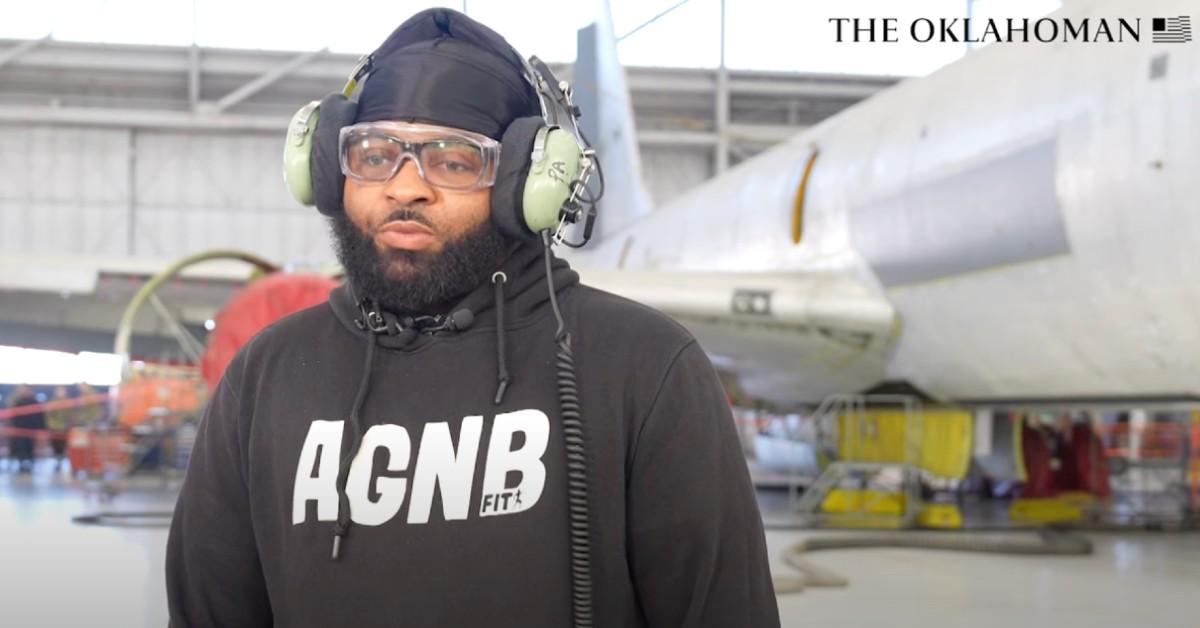
Allen spent six weeks recovering in the hospital and had to remain out of the sunlight in his youth.
He said: "It's the only life I've known. This is my normal."
Allen's "normal" consisted of only being able to play outside at night due to his skin's sensitivity from the burns.
Watson additionally constructed an internal room in her room, which had no windows, to further protect her grandson from sunlight. He credited his grandmother's devotion and family for allowing him to live a somewhat "normal" life, including fighting for him to have a spot on little league sports teams, even though he wasn't able to play regularly.
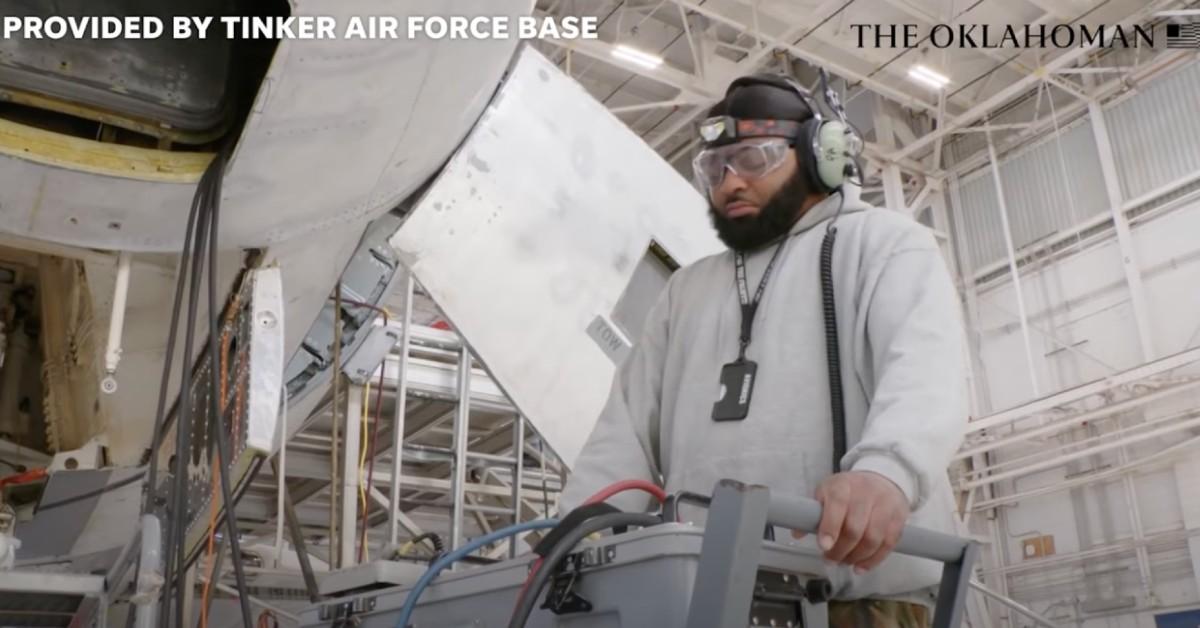
Allen said his family 'never let me live with doubt.'

Allen said: "They just never let me live with doubt.
"I believe that we all survived for a reason, and it's up to us to go through life and try to figure out what that is. For me, I believe that trying to find a way to give back is my purpose."
For much of his childhood, Allen didn't understand the extent of his injuries and it wasn't until he was 7 or 8-years-old did he realize he obtained them in the bombing, which he learned about in school.
On how his classmates treated him, Allen said: "Sometimes they would acknowledge it. Most of the time, they treated me as a normal person."
Now, Allen hopes to live his life in a way that honors the victims of the bombing and their loved ones.
He explained: "Instead of trying to feel sorry for my breathing problems or just different ailments, I try to put that energy towards finding (my) purpose here. And that's what I've been trying to do.
“I believe I’m really close."


